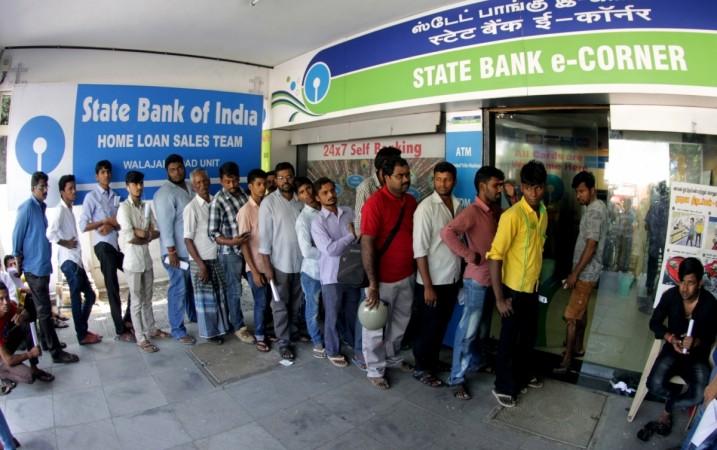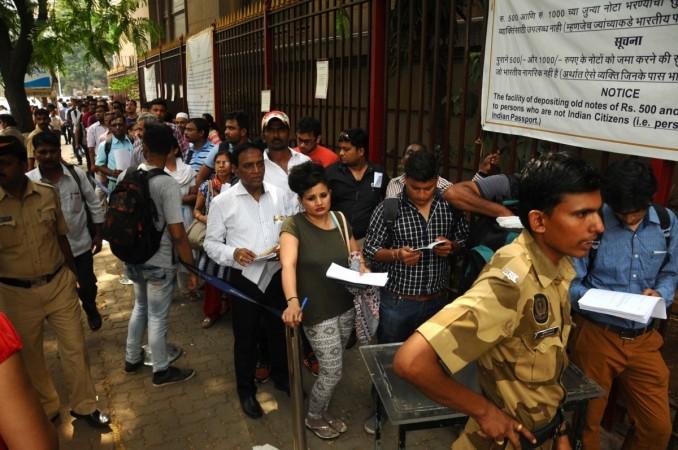
In case you thought that you had managed to fly under the income tax radar by depositing a large amount of banned currency notes when the Modi-government announced demonetisation last November, you may be mistaken. Considering that the IT department has sort of been on an overdrive since then, you may soon receive notices from them.
Numerous individuals and entities are said to have deposited a large amount of cash during demonetisation and a lot if it was not accounted for in the tax returns that were filed before demonetisation. Hence, taxpayers may soon have to explain where all the cash came from.
"Notices to such 70,000 entities and individuals are likely to start getting issued as early as the end of this week," an IT official told India Today. While the first set of notices will be aimed at those who deposited more than Rs 50 lakh or did not respond to IT enquiries about these amounts, the second set will be sent out to those 30,000 individuals and entities who not only deposited a large amount of cash but also filed returns that were completely different from the returns filed in the last few years.
Additionally, individuals and entities who deposited amounts between Rs 25 lakh and Rs 50 lakh will also be asked to explain the transactions.

Since last November, the IT department has identified 18 lakh suspicious transactions, which amount to about Rs 4 lakh crore. Speaking about these efforts, Finance Minister Arun Jaitley had said at the India Today conclave: "It is a continuous process. Let's not tie ourselves to numbers... CBDT (Central Board of Direct Taxes) has been able to identify 1.8 million people."
He also spoke about how advanced technology was easing the process for the IT department. "Technology has distinguished those people who have disproportionate wealth as compared to their returns. It is now easy to track shell firms for media as well. So for good governance, rather than relying on anecdotal evidence, data gives more insight," he added.
Meanwhile, the IT department has gotten quite creative and has been coming up with numerous ways to identify tax evaders. Tax officials are also said to be keeping tabs on people's social media accounts, mostly Instagram and Facebook, in a bid to ensure that a person's tax declarations match with their spending patterns. So in case you are one of those social media users who constantly updates your Instagram and Facebook pages with images of your latest shopping hauls and fancy vacations, it's time for you to be cautious.

















